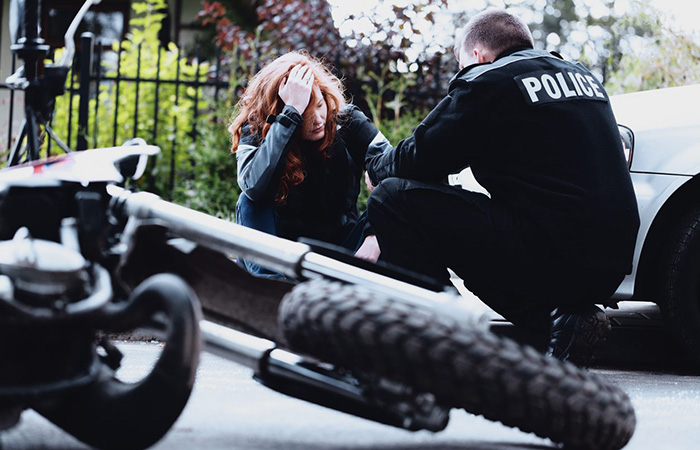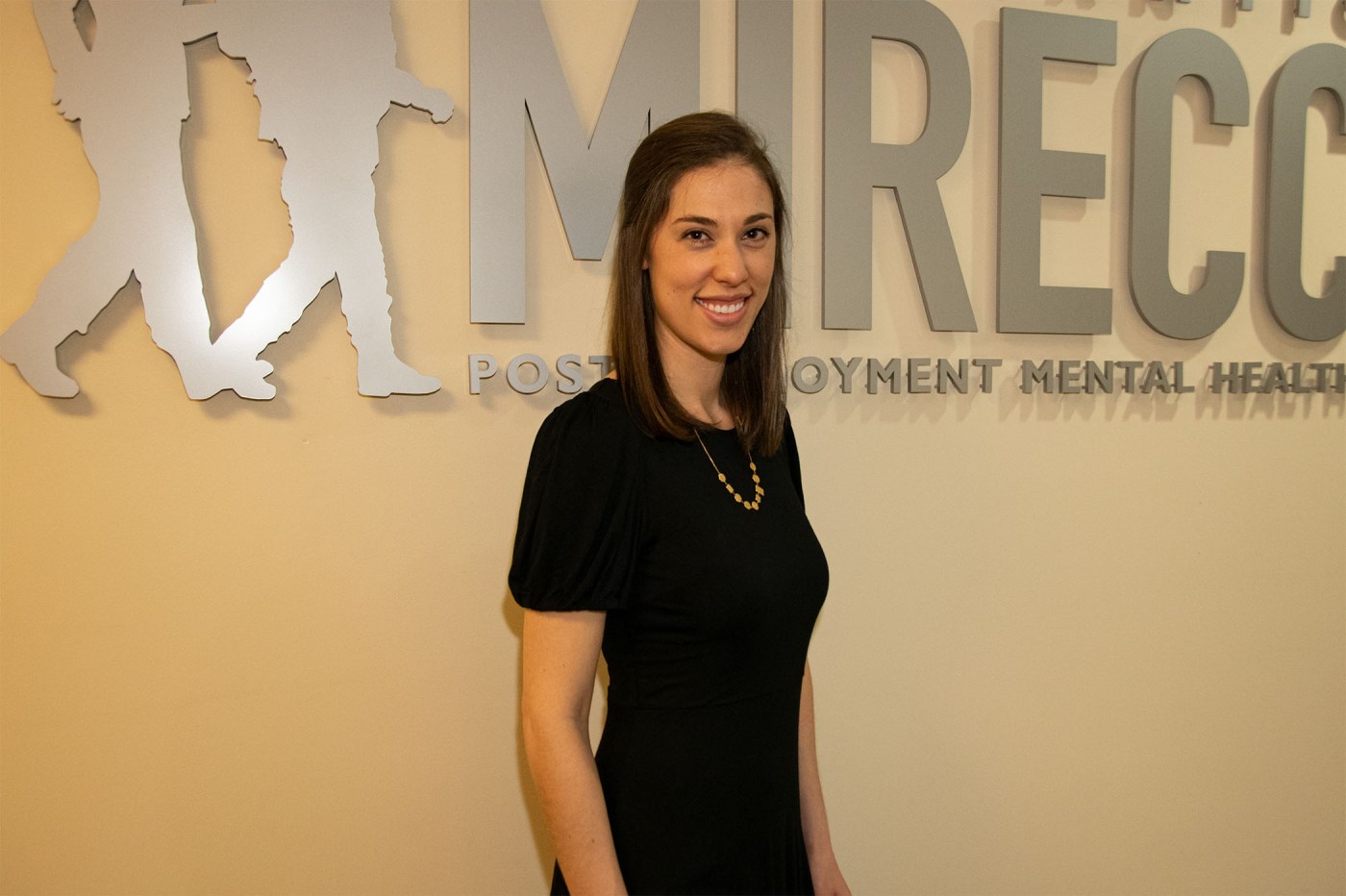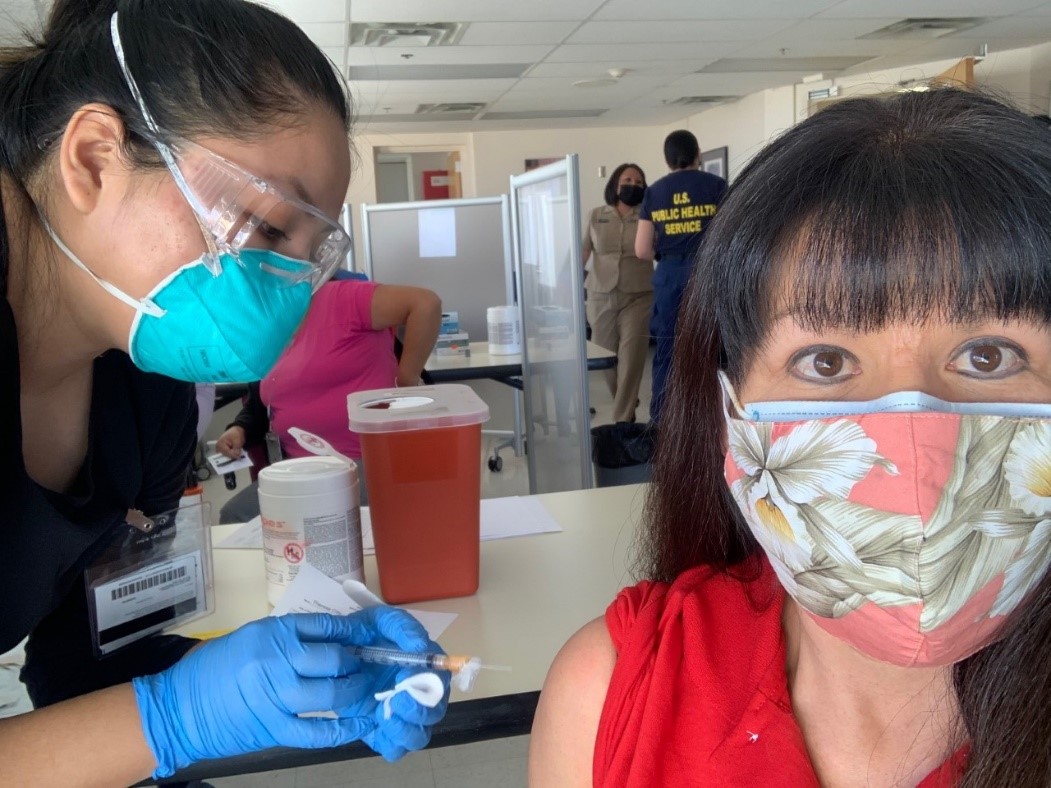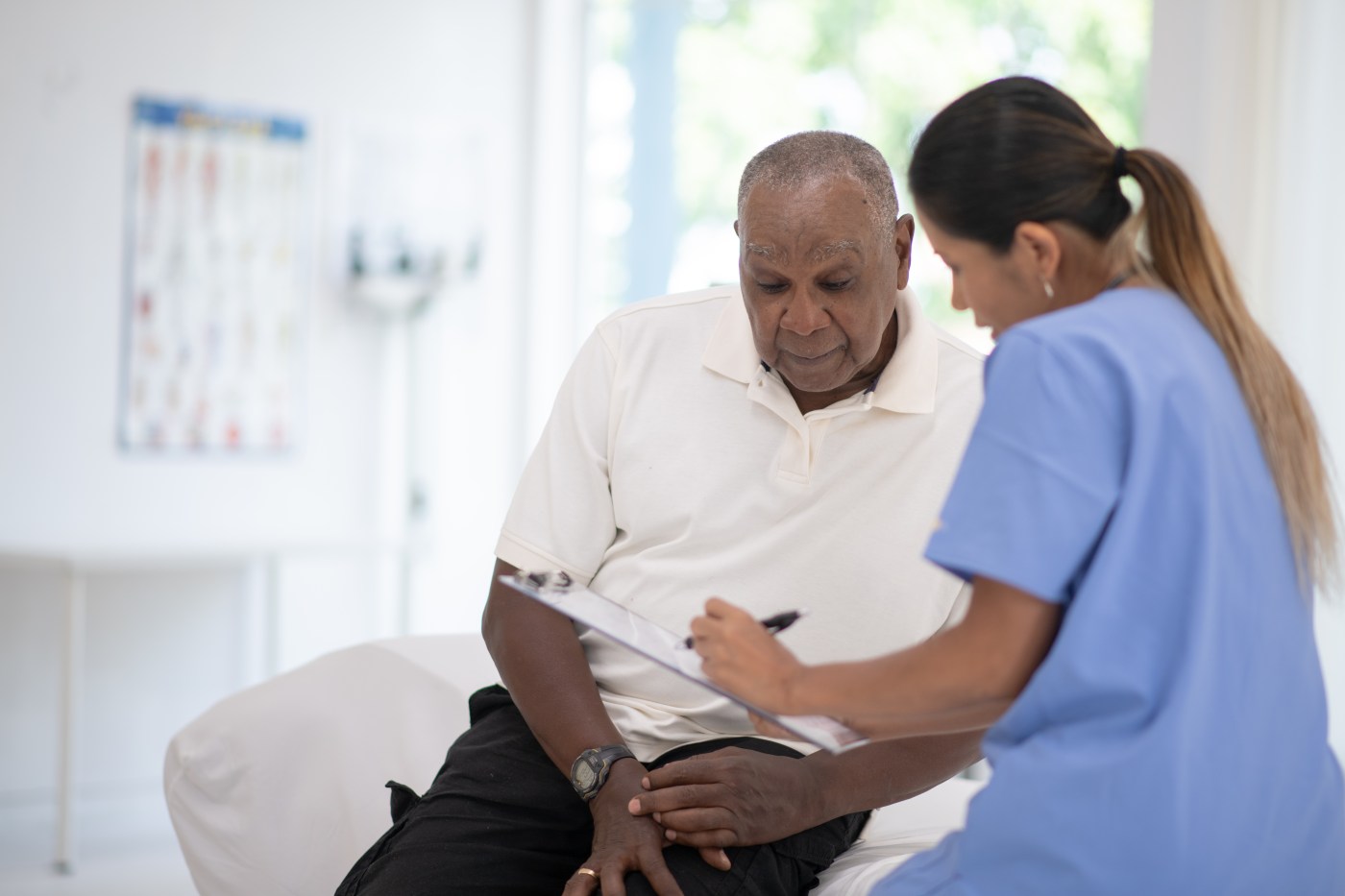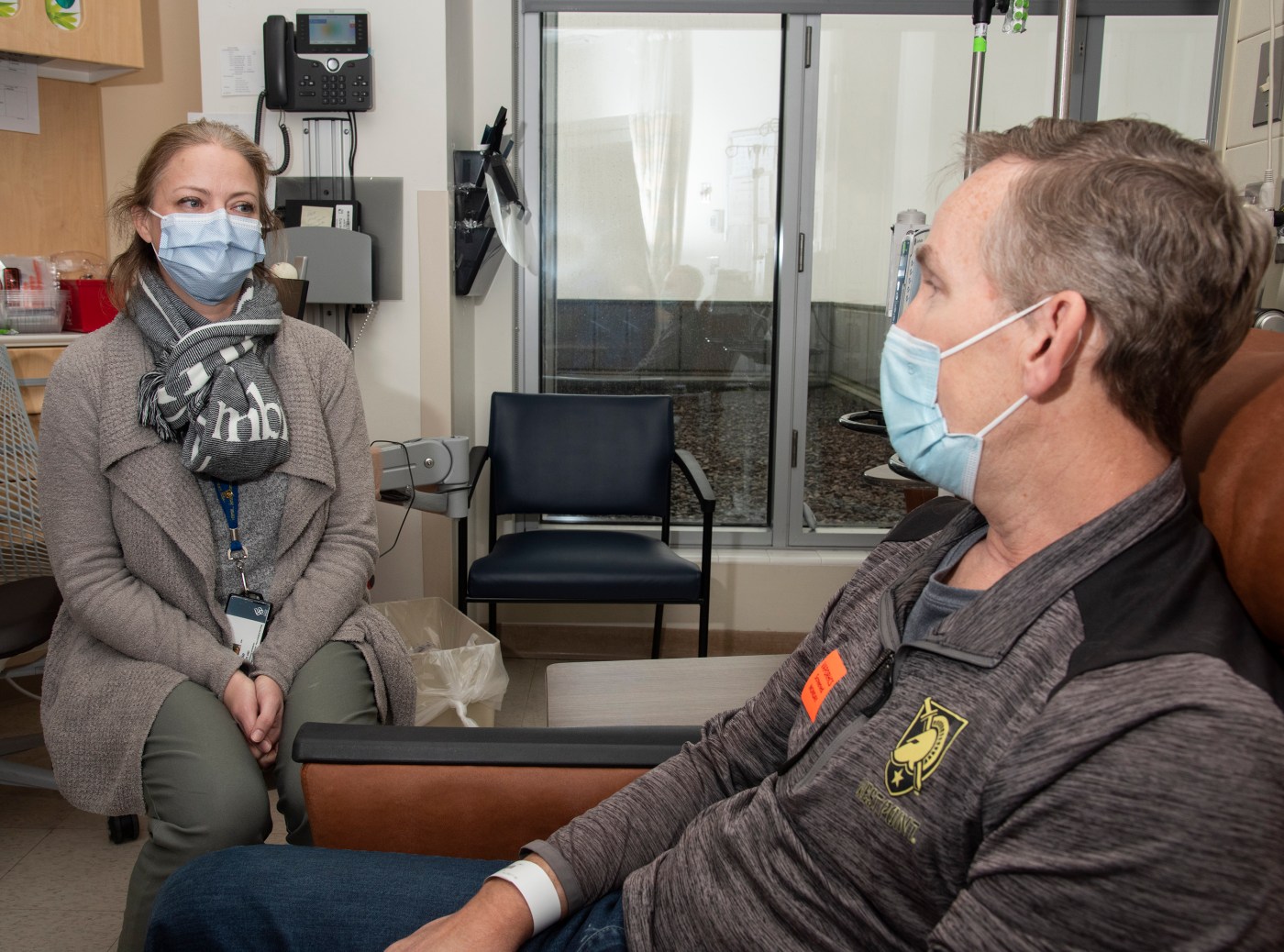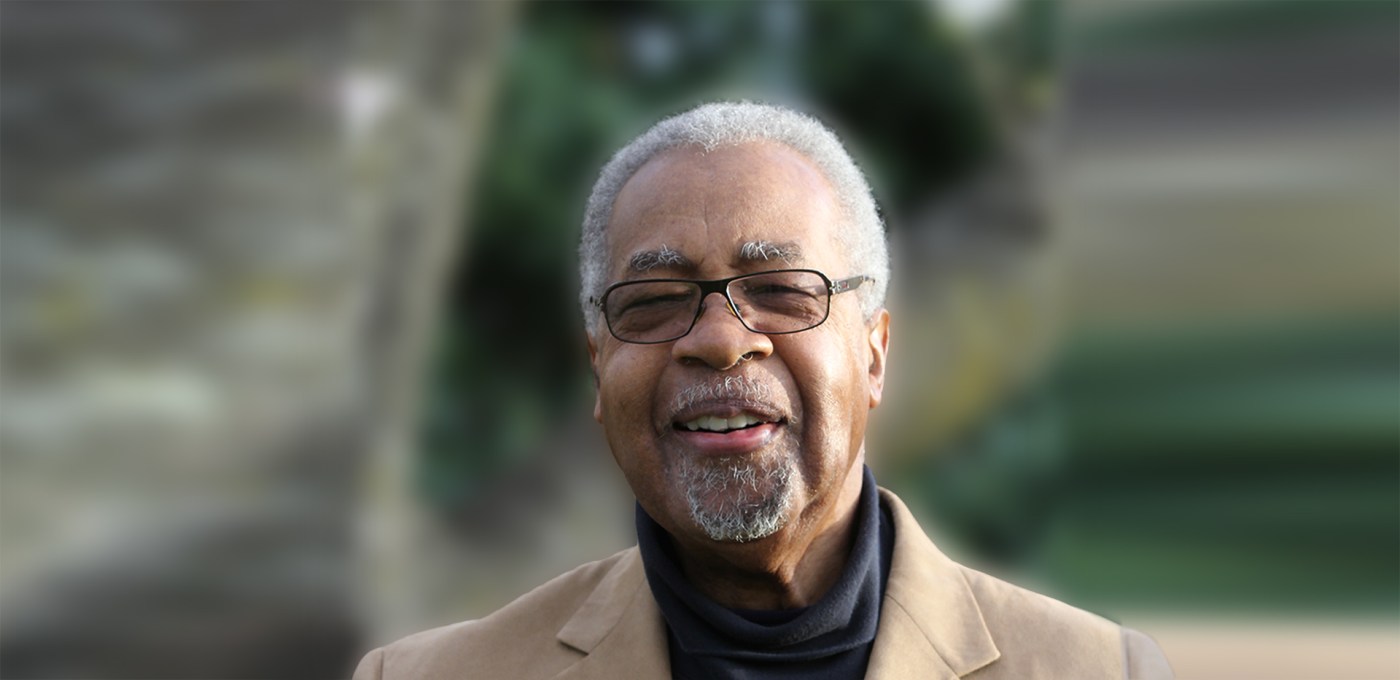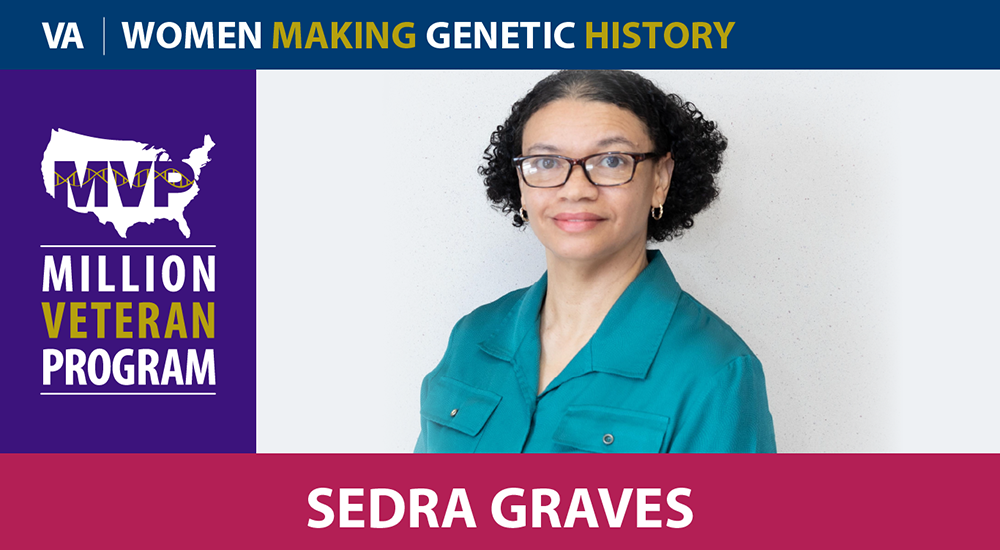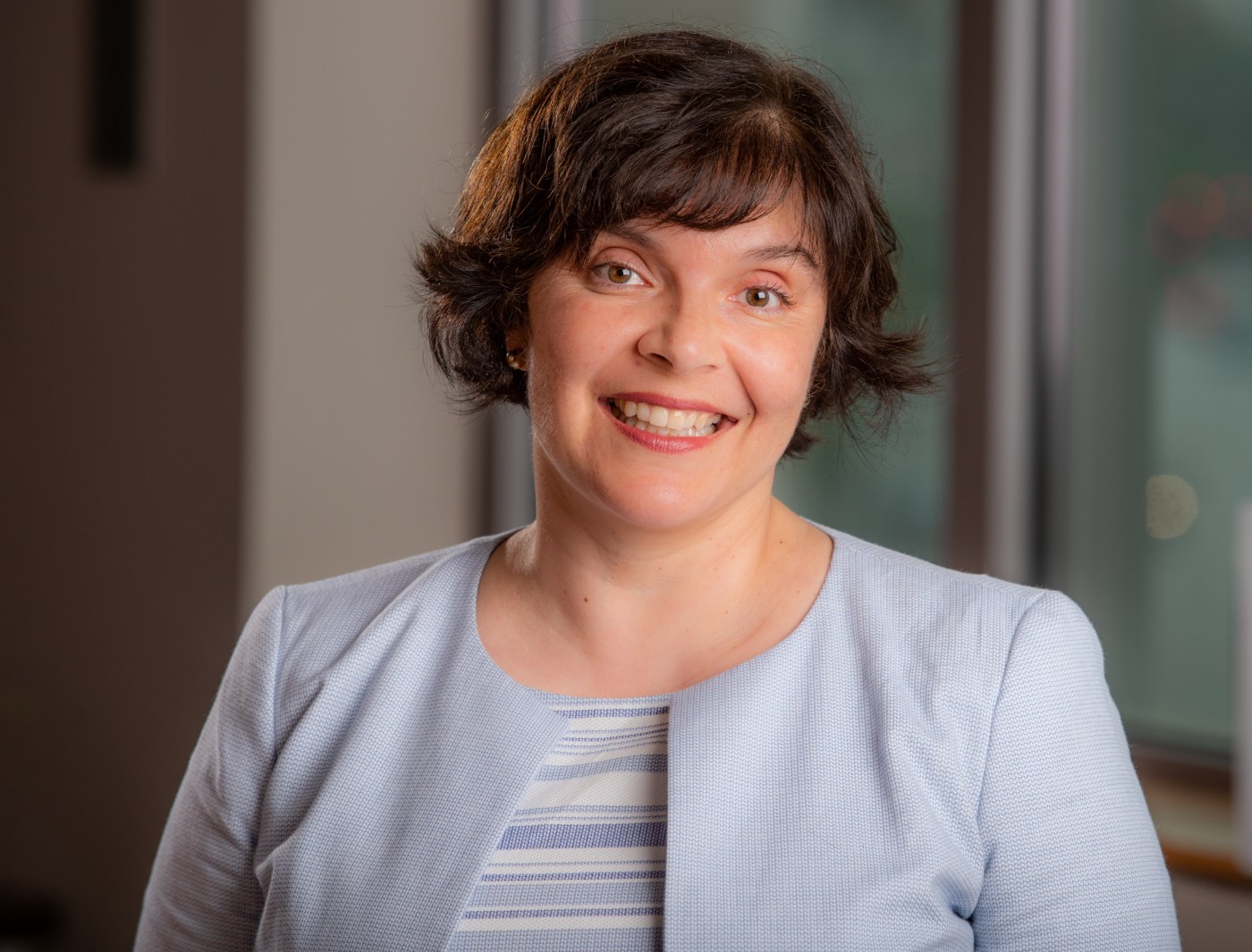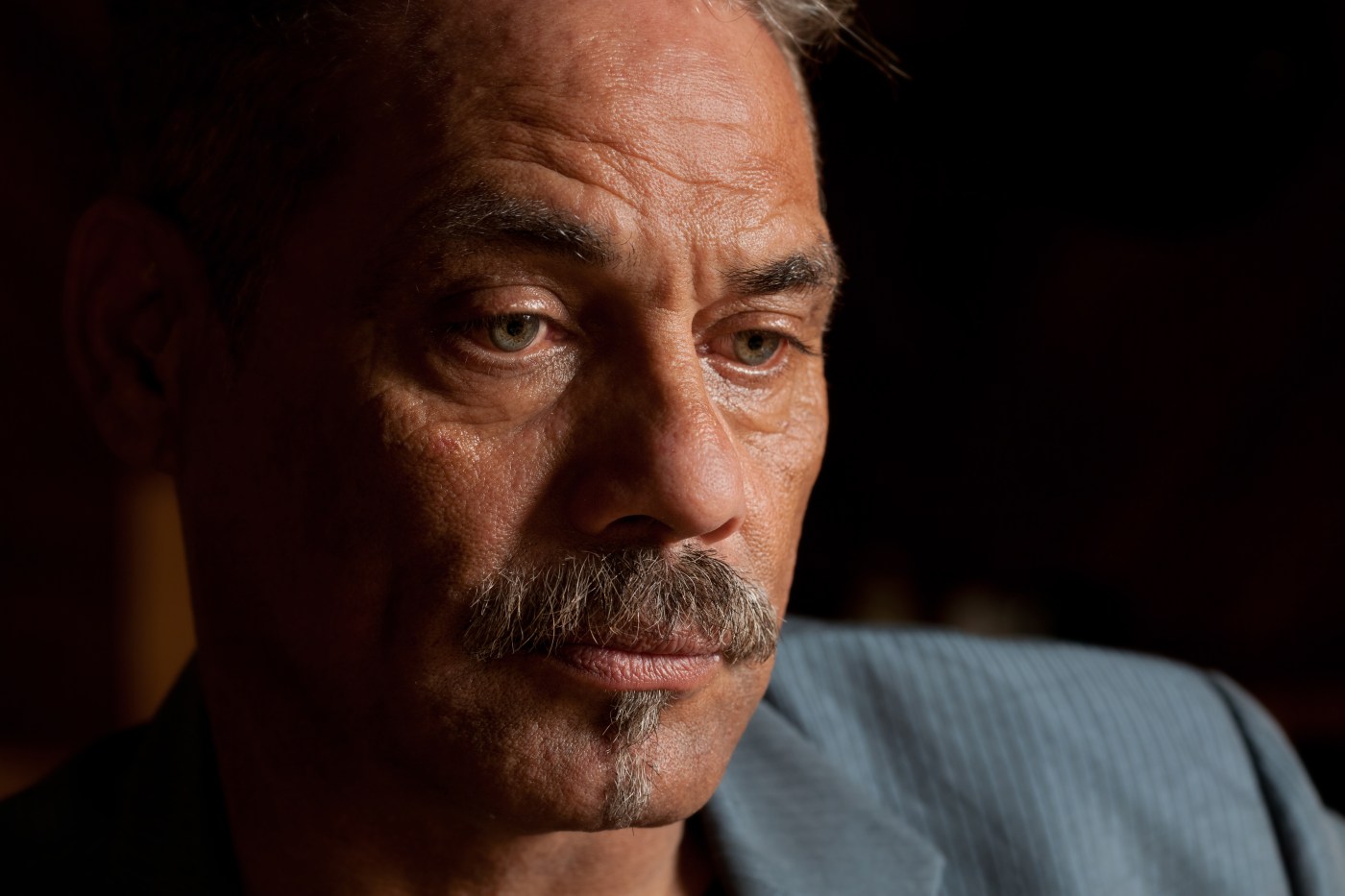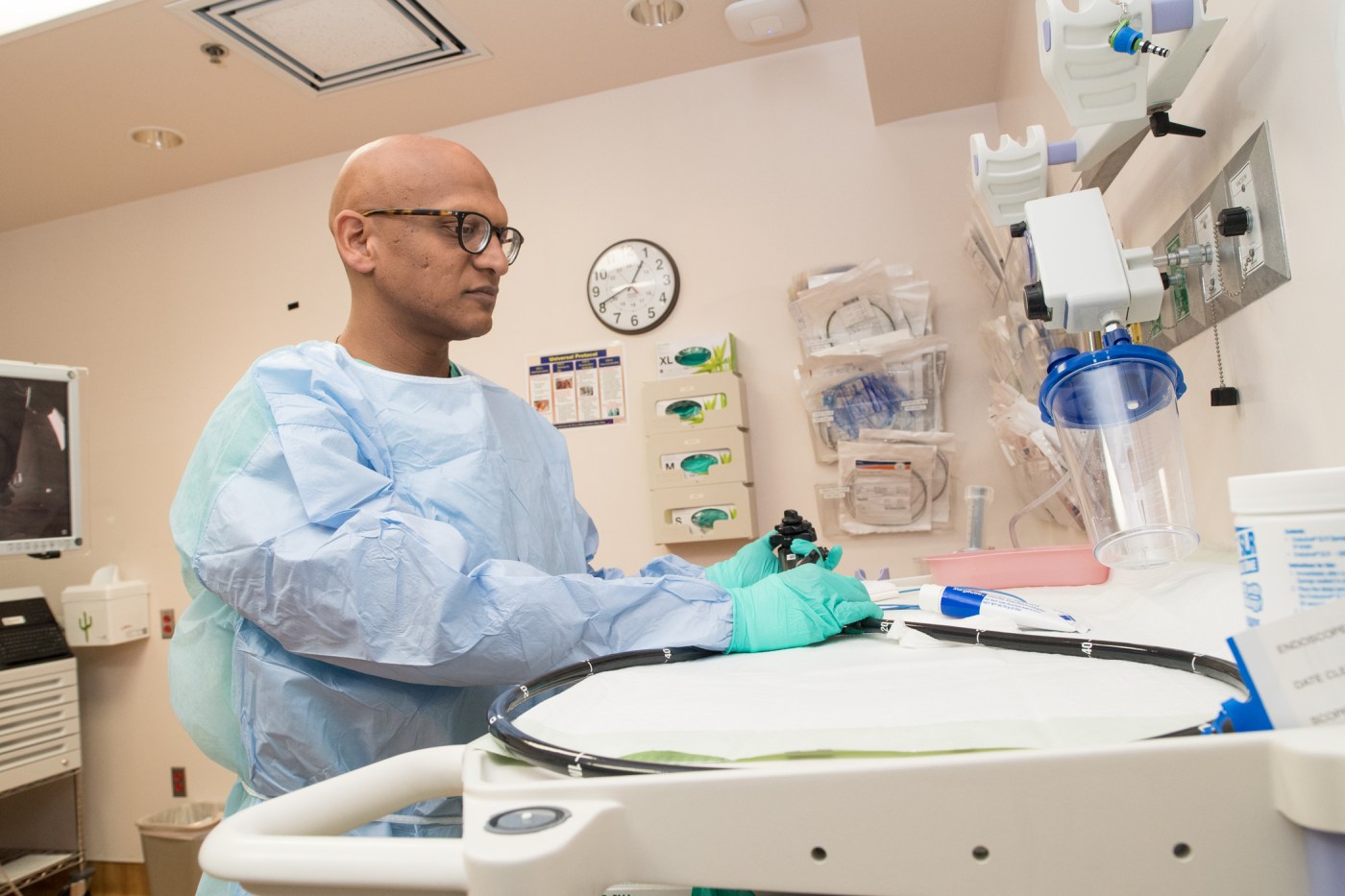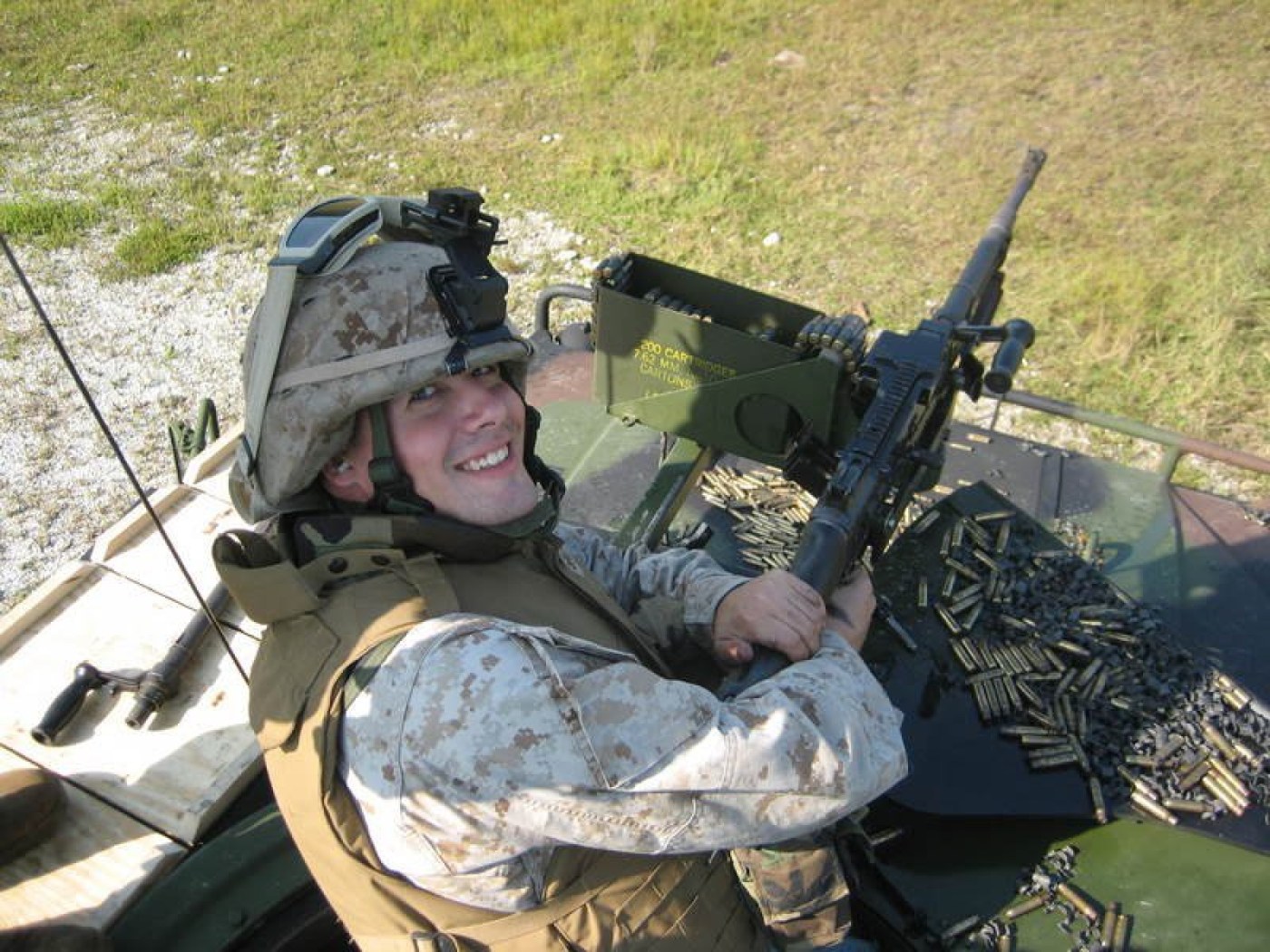Researchers found minimal differences in community participation between white and minority service members and Veterans, contrary to results in non-military samples. They suggested that the study results may have been influenced by supportive resources available to service members and Veterans, like employment assistance.
However, combat experience was not strongly linked to drinking to cope when the researchers adjusted for a person’s total number of PTSD symptoms.
The freezers, which are much larger than a standard household refrigerator, can each store about 40,000 vials. Every vial contains up to six doses of the vaccine. About 70,000 doses have been administered thus far.
The researchers conducted a systematic review of 67 studies to compare the effectiveness of watchful waiting versus radical prostatectomy, along with several other treatments. The review is one of the first studies to look at very long-term results.
PTSD affects many areas of a woman’s life, including relationships, work, sleep and even reproductive health. Dr. Nillni’s research aims to understand the ways that trauma and PTSD impact women in their childbearing years, and especially during and right after pregnancy. Her research helps women get better care for PTSD during pregnancy, which benefits their families too.
Today at age 56, Atkinson is fighting another battle—this time a case of aggressive prostate cancer. Thanks to treatment at the VA Portland Health Care System, his condition has improved dramatically in recent months through precision oncology—the molecular profiling of tumors to identify targetable alterations that can be treated therapeutically. Most recently, his PSA level had plummeted to 0.2, after a high of 115 in December.
When I reported to Walter Reed Army Medical Center in 1959, as good fortune would have it, the placement officer noticed that I had earned a master’s degree in biology and offered me the chance to work in a lab designed to conduct Army research.
VA’s Million Veteran Program is one of the world’s largest genetics research programs designed to better prevent and treat disease in Veterans. Army Veteran Sedra Graves shares her story for enrolling.
Dr. A. Rani Elwy, a health psychologist and health services researcher at the VA Bedford Healthcare System in Massachusetts, is spearheading the new VA program.
Conversely, the researchers concluded that men with prostate cancer and PTSD may have been at lower risk of death from non-suicidal causes due to favorable physical health resulting from greater health care use and early diagnosis of localized—or low-risk—cancer.
This is the first study in the United States, the researchers note, to examine the risk of death linked to delays in undergoing a colonoscopy following an abnormal stool blood test.
Every piece of research done at HERL has the potential to improve the lives of Veterans and other people with disabilities. But the top priority is always on those who have served

